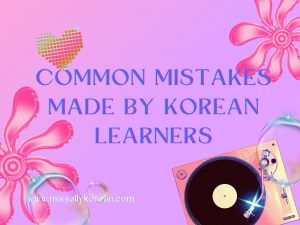
As a self study Korean learner I also did a lot of internet research to better understand Korean grammar concepts and usages. However what I realise is that the quality of Korean studygrams, Korean learning blogs and even people claiming they are teaching Korean can vary quite considerably. I have gathered some of the mistakes that I have come across online here so we can all learn and avoid them. Try to look at the sentences below, have a think what is wrong and how you would correct it before proceeding to read my analysis. All these assume a normal conversational setting as we try to look for the most natural way to speak Korean.
그녀 내일 올께요.
We have been taught that ‘she’ in Korean is 그녀. However in reality we barely hear Korean says that in daily conversations. For pronouns such as ‘you’, ‘he’, ‘she’, in Korean we have to find alternative ways to refer to that person. Note that this sentence standalone is out of context. In daily life you would not say that out of the blue. The speaker must have mentioned who is the ‘she’ being referred to earlier or indicate it in this sentence itself. Therefore usually you have to mention that ‘she’ by name or title (e.g. 지수, 언니, 선생님) in the sentence (refer to my post on how to address someon in Korean). If it has been mentioned before and both the speaker and listener are clear who is being referred to, then 그녀 is simply omitted. If it is really necessary to say ‘he’ or ‘she’, use 그 분 (formal) or 걔 (informal). In some cases when you really want to say ‘that woman’ e.g. if you are asking (interrogating) why your boyfriend is meeting that woman, it is more natural to say 그 여자.
The future tense of 오다 can be 올 거예요 or 올게요 (refer to my post on ㄹ 거예요 vs ㄹ 게요 if you don’t know the difference. Due to sound changes they are pronounced as 올 꺼예요 and 올께요 respectively. Therefore a lot of Korean learners and even some natives (pretend to be cute as a kind of word play) spell them out that way. However we should know they are incorrect. Since the subject of this sentence is ‘she’, we can’t use 올게요 but only 올 거예요. Pay attention to the spacing and it is 예 (short for 이+에), not 에.
Therefore this sentence should be re-written as 언니 내일 올 거예요.
내가 나의 오빠에개 선물을 주고 싶어요.
A very common mistake I found among people making Korean study materials online is speech level / politeness level agreement within a sentence. In a sentence where the first and second persons are ‘나’ and ‘너’, it never ends with 요.
We have been taught that ‘my’ in Korean is ‘나의’, however it is always shortened to ‘내’ in conversations. Also when we say ‘my brother’, ‘my home’, ‘my company’ etc, usually Koreans say ‘우리’/’저희’ to make the relationship sound closer.
We know that there are a lot of cases the subject and/or objects are omitted in Korean sentences e.g. 사랑해. In fact, Koreans more often than not only include subject and/or objects when it is strictly necessary to avoid ambiguity, or put a strong emphasis on ‘it is me who is doing this, not anyone else’. In this case it is fairly clear from the ‘고 싶다’ conjugation that the subject should be ‘I’. Depending on context, we can omit the ‘내가’ to sound more natural.
Therefore this sentence can be re-written as 우리 오빠에게 선물을 주고 싶어.
내가 당신이 무슨 생각을 하는지 어떻게 알아.
You can safely throw away whatever textbook telling you that ‘you’ is ‘당신’ in Korean. For all practical purposes you will likely never use ‘당신’ in your life. Refer to my post on how to address someon in Korean to learn the various ways to say ‘you’ in different situations. In this case let’s go with ‘너’.
The sentence start with ‘내가 당신이’ which makes it hard to read, so we know there are some problems with the word ordering here. There is a noun phrase ‘당신이 무슨 생각을 하는지’ meaning ‘the thing that is on your mind’. As this is the emphasis of the sentence we can put it in front. Then that leaves us with ‘내가 어떻게 알아’ which as a unit reads more smoothly.
Therefore the sentence can be re-written as 네가 무슨 생각을 하는지 내가 어떻게 알아.
I hope you find this post useful. There will be more posts in this series to follow so stay tuned! If you come across anything in online Korean study community that you are not sure if it is correct or not, feel free to leave a comment below. We can look at them together. Happy Korean learning!
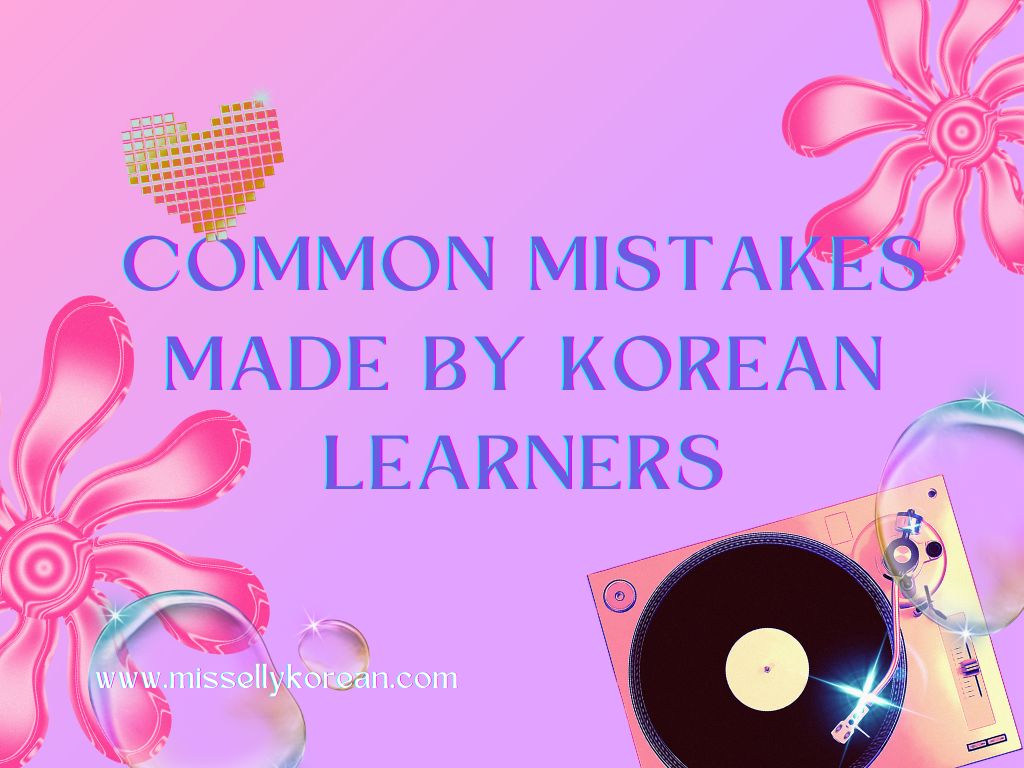

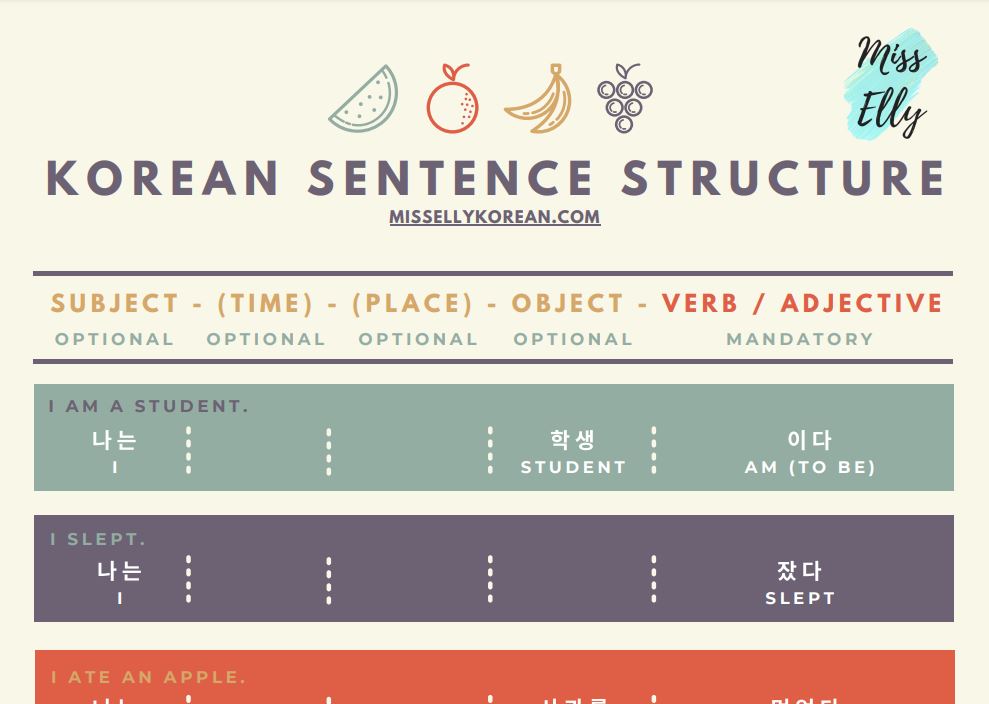
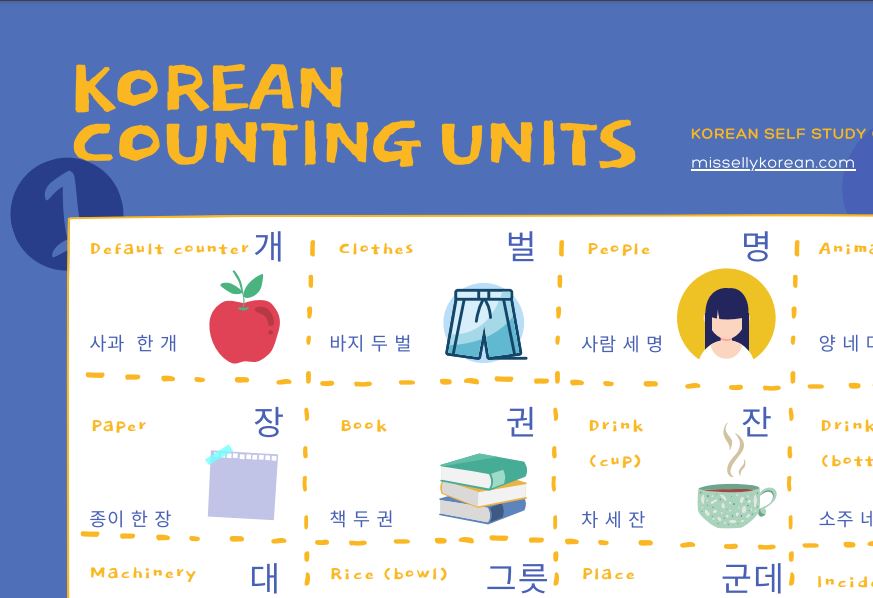
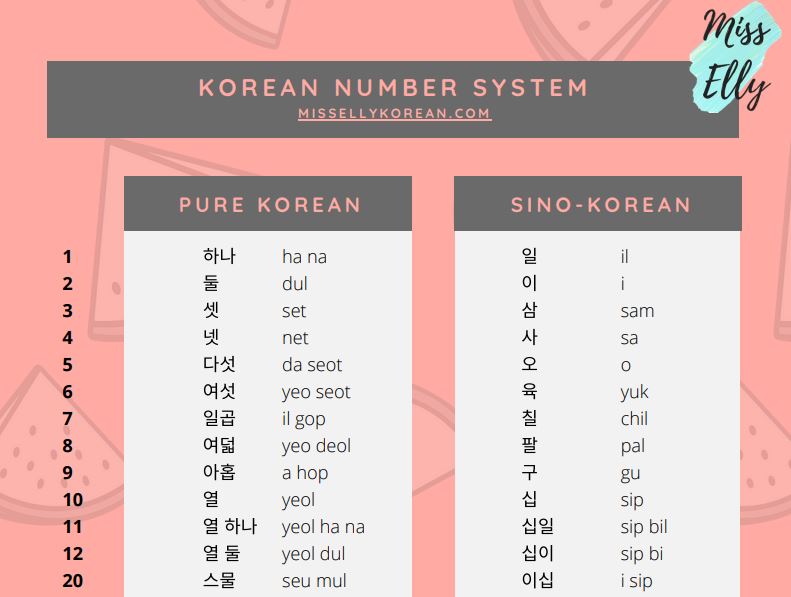
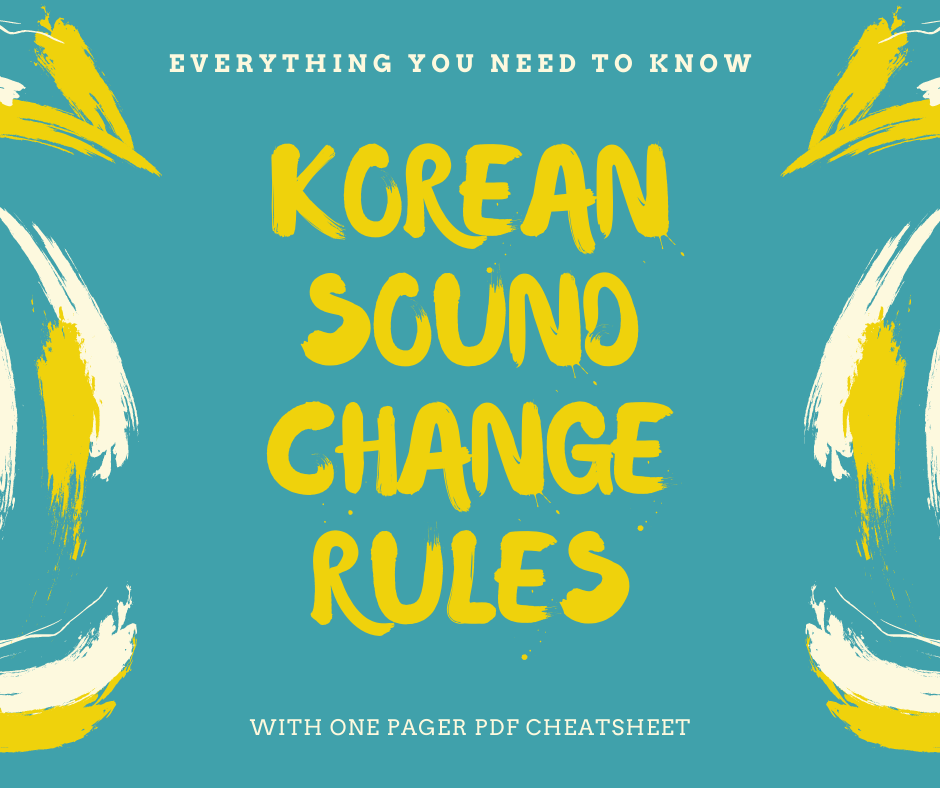
Learning Korean
for first time.